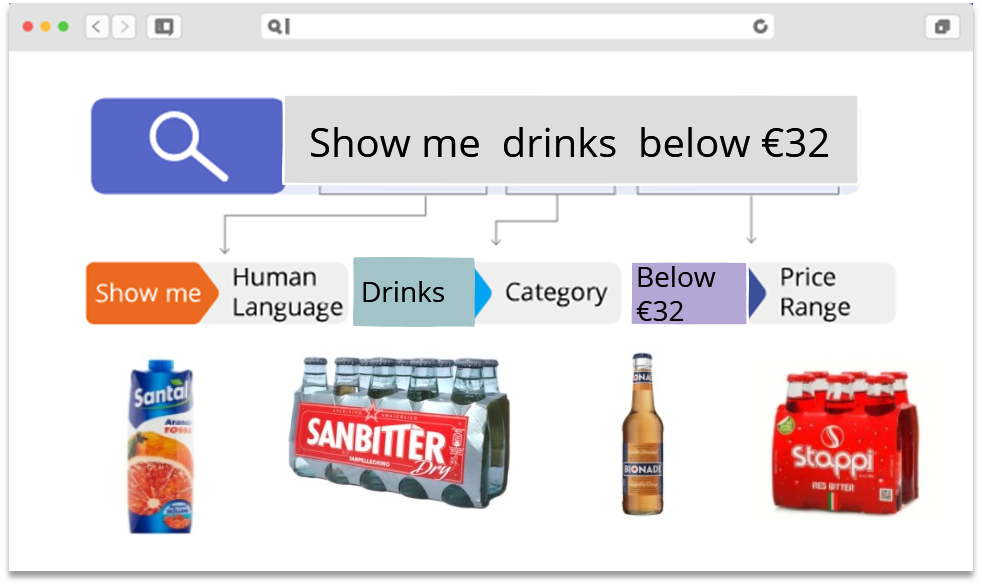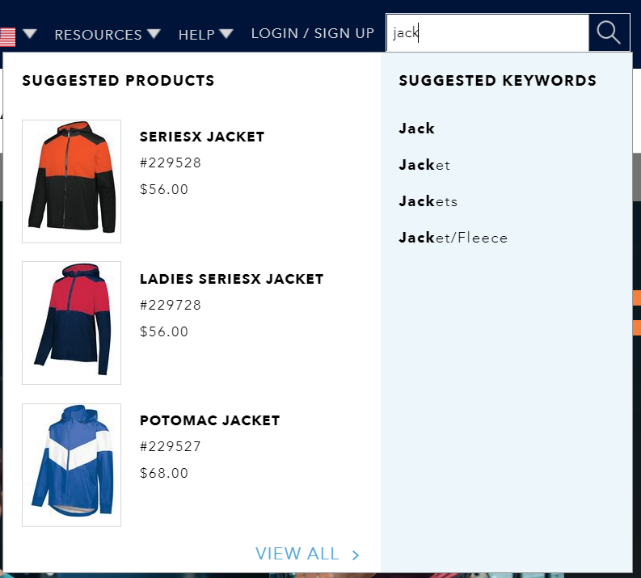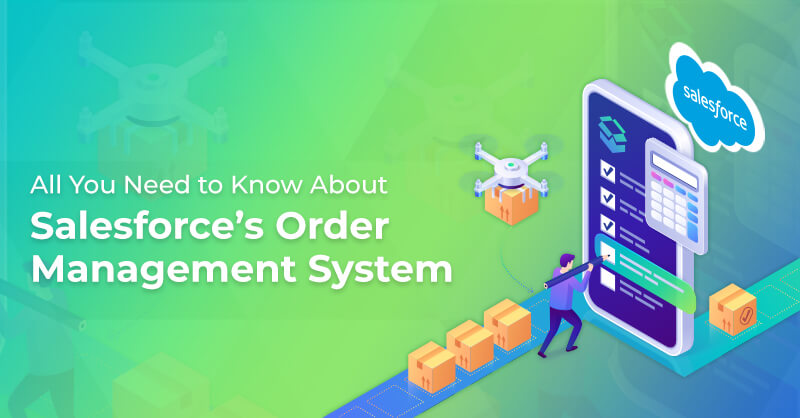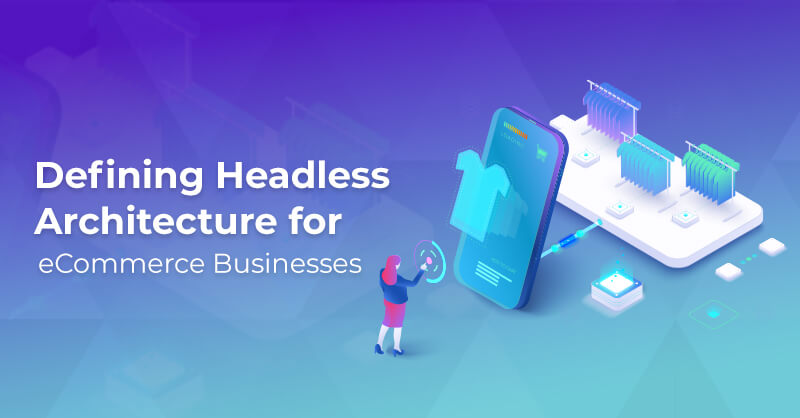Boost Revenue with AI-Powered Site Search Technology
Written by Shelanne Augustine
Technical Content Writer
“Zero Results Found.” Are there any three words more frustrating to your online shoppers? Likely not, especially if they’ve run the search more than once, trying to find the right keyword to unearth the perfect product.
The problem is that this emotion quickly turns into action. Shoppers end their search, turn to your competitor, and buy elsewhere, simply because they couldn’t find what they were looking for on your site.
Did you know that around 80% of online shoppers abandon a site after a poor search experience?
If your site is experiencing a high bounce rate, your search bar could be to blame. But how can you make it more intuitive?
What Makes Regular Site Searches Ineffective?
Built-in search solutions are limited because they aren’t designed to focus on any domain-specific product information. In today’s e-commerce space, it’s important to make your site search more relevant, delivering exactly what your customer is looking for.
There are 4 vital aspects that are missing in regular site searches:
- Context-aware search – your customers expect relevant search results based on the intent of their query. This becomes challenging for ordinary search engines when long-tail queries and natural language (or colloquial terms and phrases) are used.
- Based on current trends – your site search results need to reflect current trends, season, location and customer preferences.
- Context-aware search – your customers expect relevant search results based on the intent of their query. This becomes challenging for ordinary search engines when long-tail queries and natural language (or colloquial terms and phrases) are used.
- Based on current trends – your site search results need to reflect current trends, season, location and customer preferences.
Hand-Picked For You: Expand your Search Capabilities with this AI-Based Visual Search White Paper.
How AI Improves Search Results
A good search engine can relate and understand shoppers’ needs, just as humans would do. That’s where artificial intelligence comes in. Algorithm and AI search techniques bring a human aspect to the search experience, optimizing search results, and making the site more enjoyable to browse.
Here’s an example:
Imagine you’re searching your favorite clothing website for a new blue cardigan. You can’t remember the name “cardigan,” so you search “Blue knit button-up sweater.”
You click enter and excitedly wait for product options to populate… but then, “Zero Results Found” appears across the screen because the product name doesn’t match your search criteria.
If the site had an intuitive AI-driven search engine, it would be able to identify synonyms for “button-up sweater” – including “hoodie” and “cardigan” to pull the right product options for you. However, because it didn’t populate, you choose to give up and search a competitor’s site to see if they carry a similar item.
While this scenario is just an example, the fact is, 79% of U.S. shoppers find what they want and order them via the Internet. And still, 42% of companies completely ignore the on-site search.

How do you make the “Zero Results Found” page message disappear forever? Upgrade your site search engine. Look for one that is capable of:
Identifying synonyms
Searching for similar words
Auto-correcting queries for product names
Adding an AI-Powered Site Search Solution will boost revenue, customer engagement, and ROI.
Royal Cyber’s AI-Powered Site Search Solution is a game-changer for retail businesses. It combines Natural Language Search, Personalization and Merchandising, and AI and Machine-Learning to capture search intent and translate it into precise search results.
How Natural Language Search Works
Natural Language processing helps your site understand the customer search context and identify product attributes from the search text automatically by breaking search queries into search intent, categories, and price ranges.
Personalization and Merchandising allow businesses to gather data from site searches and use it to fine-tune search relevancy, boosting and promoting newly launched products or de-promoting irrelevant categories or products.

How AI and Machine-Learning Personalize Search Results
Using AI and Machine Learning, the search engine continuously learns from customer’s behavior based on their search queries, clicks, and earlier purchases. These systems then use this information to personalize search experiences on the fly by including products that coordinate with the product searched.
Our solution also addresses common search issues, like misspelled keywords using predictive text and spelling correction.




